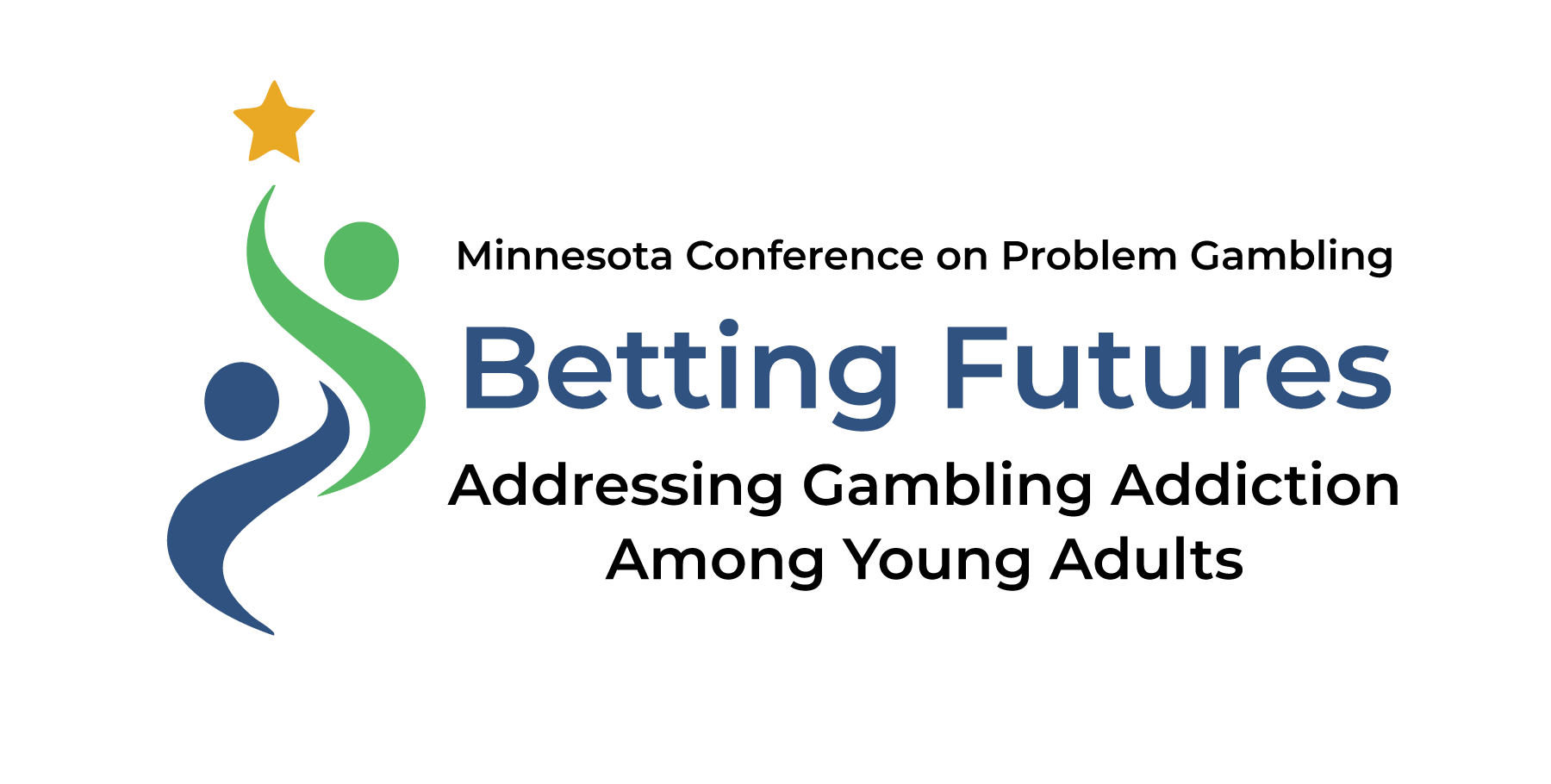
2025 Speakers

Dr. Serena King, PhD
The Origins and Development of Gambling from Adolescence to Young Adulthood: Insights from the Minnesota Student Survey
This presentation highlights key findings from the 2022 and 2025 Minnesota Student Surveys, one of the largest national sources on youth gambling. It examines trends across grades 8, 9, and 11, explores pathways from adolescence into young adult gambling, and offers practical strategies to prevent and address problem gambling in emerging adulthood.

Michelle L. Malkin, JD, PhD
College Student Gambling: Pre and Post Legality
This session explored how gambling legality affects college student behaviors and risks. Data from multiple universities and national sources showed students engage in both traditional and emerging forms of gambling. While legality raised prevalence, risk levels remained stable. Few students received education or screening, despite gambling often co-occurring with substance use.
The Betting Blueprint: A New Wellness-Oriented Curriculum to Reduce Gambling-Related Harms among College Students
Dr. Malkin reviewed The Betting Blueprint, a flexible curriculum teaching safer gambling strategies, recognizing early harm, and starting conversations about gambling concerns.
Screening and Counseling for Gambling among Emerging Adults, including College Students
This session introduced a screening tool for emerging adults and the Collegiate Counselor Gambling Certificate, equipping campus counselors to identify and address gambling-related concerns.
 Jeff Wasserman
Jeff Wasserman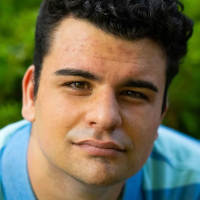 Saul Malek
Saul Malek
The Frontlines of Gambling Addiction: a Conversation
This session features a conversation with individuals on the front lines of gambling disorder. Jeff, a person in long-term recovery, leads many online recovery sessions that are regularly attended by young adults. Saul, in more recent recovery, shares his personal experiences and the harms gambling has had on his life. Robby, a treatment provider, discusses the growing number of young people in his practice who have been harmed by various forms of gambling, particularly sports betting.
2024 Speakers
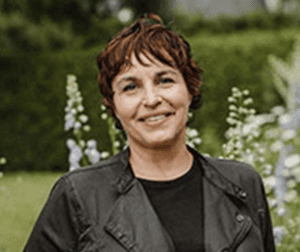
Judith Glynn
They didn’t play, they shouldn’t pay: Family harm from gambling is a problem we can solve
Judith Glynn – 1 CEU
This presentation will apply a problem-solving framework to prevent and reduce the harm to families, friends and communities from people who are experiencing gambling problems. Drawing on research, policy analysis and interviews with a range of experts, including family members harmed by gambling, this presentation will: 1) analyze the problem of family harm, 2) identify a range of potential solutions and associated stakeholders who can contribute, and 3) collaborate with the audience to map out a plan of action to address this long-neglected need.
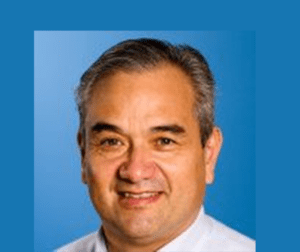
Jim Huh
A Personal Look at the Financial Harm of Gambling Disorder and a Path to Financial Recovery
Jim Huh, GamFin – 1 CEU
Gambling disorder can strip gamblers of their life savings. A former financial adviser and gambler in recovery, Jim Huh shares ways to limit the financial damage of the disorder and how to create a financial plan that works in recovery.
 Bili Banjoko
Bili Banjoko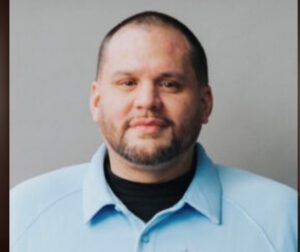 Lucas Patterson
Lucas Patterson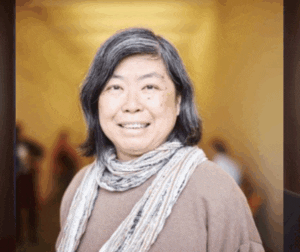 Ange Hwang
Ange Hwang
Beyond Borders: Addressing Problem Gambling Across Communities
Bili Banjoko, Lucas Peterson, Ange Hwang – 1 CEU
Join our expert panel as we delve into the current state of problem gambling and the crucial next steps needed to effect change. With a focus on community perspectives and real-world solutions, our discussion will highlight successful initiatives, gaps in support systems and a vision for the future of treatment and prevention.
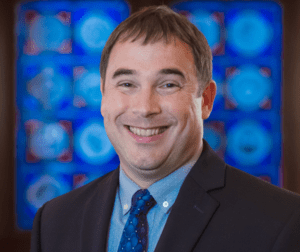
Dr. Jeremiah Weinstock
Gambling and Suicide: The Who, The Why and What to Do
Dr. Jeremiah Weinstock – 2 CEUs
Approximately 46,000 Americans died by suicide in 2020, which is equivalent to one person every 11 minutes. Unfortunately, individuals with gambling problems are at an increased risk for suicide ideation, attempts and completion. About a third of callers to gambling helplines reported suicidal ideation within the past year, and approximately 11% of callers reported recent suicidal ideation. The purpose of this training is to examine suicide, its risk factors and clinical practice within the context of individuals with gambling disorder. Several active learning exercises are incorporated into the training.
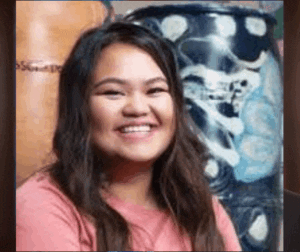
Cat Nakhornsak
Community Voices: Addressing Problem Gambling in the Lao Community
Cat Nakhornsak – 1 CEU
Join us for an intimate conversation highlighting the unique challenges faced by the Lao community and the top priorities for making meaningful progress in the current state of problem gambling.
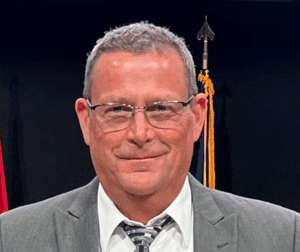
Dave Yeager
The Hidden Battle: A Silent Gambling Disorder Among Military Service Members and Veterans
Dave Yeager – 1 CEU
Service members and veterans are at particularly high risk for developing gambling disorder. Learn about the history of gambling in the military and hear from someone who personally endured — and is now in recovery from — a gambling addiction he developed in the military.
RECAP of 2023 CONFERENCE SPEAKER VIDEOS

Dr. Timothy W. Fong
Better Luck Tomorrow: Gambling Among Asian American Pacific Islanders
Dr. Timothy W. Fong discusses the cultural values of gambling among Asian American Pacific Islanders and how that contributes to gambling and problem gambling.


The All-In Podcast Comes to Minnesota
Brian Hatch and Jeff Wasserman do a live episode of “All-In: The Addicted Gambler’s Podcast.”

Dr. Timothy W. Fong
The Impact of Sports Betting on Mind, Body and Brain
Dr. Timothy W. Fong discusses the potential impacts of the rapid expansion in sports gamblers and how to assess sports bettors who may be at risk for gambling disorder.

Cara Macksoud

Alex De Marco
Resources and Tools for Financial Counseling in Gambling Disorder Treatment
Cara Macksoud and Alex De Marco discuss resources and tools for financial counseling during treatment for gambling addiction.

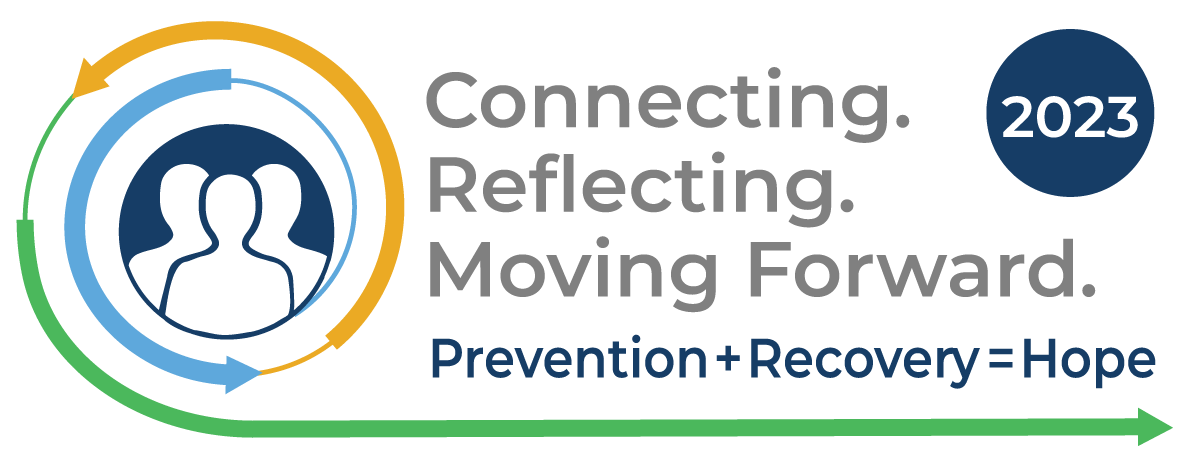


Problem Gambling and Alexithymia: Implications for Interviewing, Screening and Intervention
Jerrod Brown, Ph.D.

Gambling Disorders in a New Era of Gambling
Jody Bechtold, LCSW, ICGC-II, BACC, CGT
CEO, The Better Institute

Caring for our Military and Veterans: Ethical Considerations for Culturally Informed Care
Heather Chapman, Ph.D., ICGC-II, BACC

Sports Betting Integrity and Today’s Student Athlete
Daniel Trolaro, Vice President, EPIC Risk Management

How Can We Move Forward with Cultural Humility/DEI Absent a Strategic Plan?: What’s Your Navigation System?”
Deborah G. Haskins, Ph.D., LCPC, Board-Approved Supervisor, MAC, ICGC-II, CCGSO, BACC, CGT

Emergence of Problem Gambling from Childhood to Emerging Adulthood: A Systematic Review
Serena King, L.P.
Professor and Chair, Psychology, Hamline University


Responding to Acquired Brain Injury in Problem Gambling Treatment
Katie Richard, B.S., LADC, CPGC –
Outpatient Intake Supervisor, Vinland Center
Thomas Beckers, LADC, CBIS –
Director of Residential Services, Vinland Center


How Do We Talk About Risk So It Sticks with Folks Under the Age of 35? A conversation about personal finance
Dan Trolaro, VP Epic Risk Management
Chris Farrell, Senior Economics Contributor. MPR/APMG
